World
The modern world cannot be studied without examining the course, impact and legacy of two world wars, the resources in this section set out to look at both the First and Second World Wars in their global context. The section also includes the Cold War and its impact in Latin America, South-East Asia and parts of Africa. This period also sees the rise and fall of European imperialism and the changing nature of global politics and economics as technology brings different stories from so many parts of the world directly to us. Read more
Sort by:
Date (Newest first) | Title A-Z
Show:
All |
Articles |
Podcasts |
Multipage Articles
-

TV: modern father of history?
ArticleClick to view -
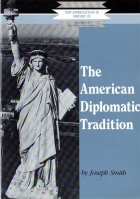
The American Diplomatic Tradition
ArticleClick to view -
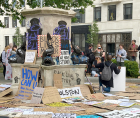
The British Empire on trial
ArticleClick to view -
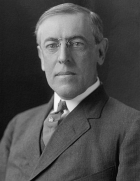
The British Government's Confidential Files on the United States
ArticleClick to view -
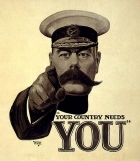
The Centenary of the First World War: An unpopular view
ArticleClick to view -

The Duke whose life began and ended in a barn
ArticleClick to view -
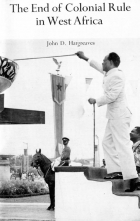
The End of Colonial Rule in West Africa
ArticleClick to view -
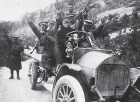
The End of Germany’s Colonial Empire
ArticleClick to view -
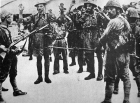
The Fall of Singapore 1942
ArticleClick to view -

The Gallipoli Memorial, Eltham
ArticleClick to view -
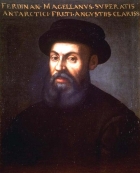
The Great Powers in the Pacific
ArticleClick to view -

The Handing Back of Hong Kong: 1945 and 1997
ArticleClick to view -

The Indian Mutiny - Pamphlet
ArticleClick to view -

The Japanese History Textbook Controversy: a Content Analysis
ArticleClick to view -
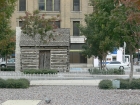
The Journey to Icarie and Reunion: A Romance of Socialism on the Texas Frontier
ArticleClick to view -
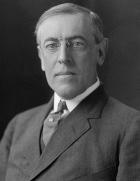
The League of Nations
ArticleClick to view -

The Legacy of the Z Special Unit in World War II
ArticleClick to view -
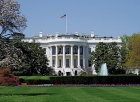
The Long Winding Road to the White House
ArticleClick to view -

The Mary Celeste: the history of a mystery
ArticleClick to view -

The Migration of Indians to Guiana and Surinam
ArticleClick to view

